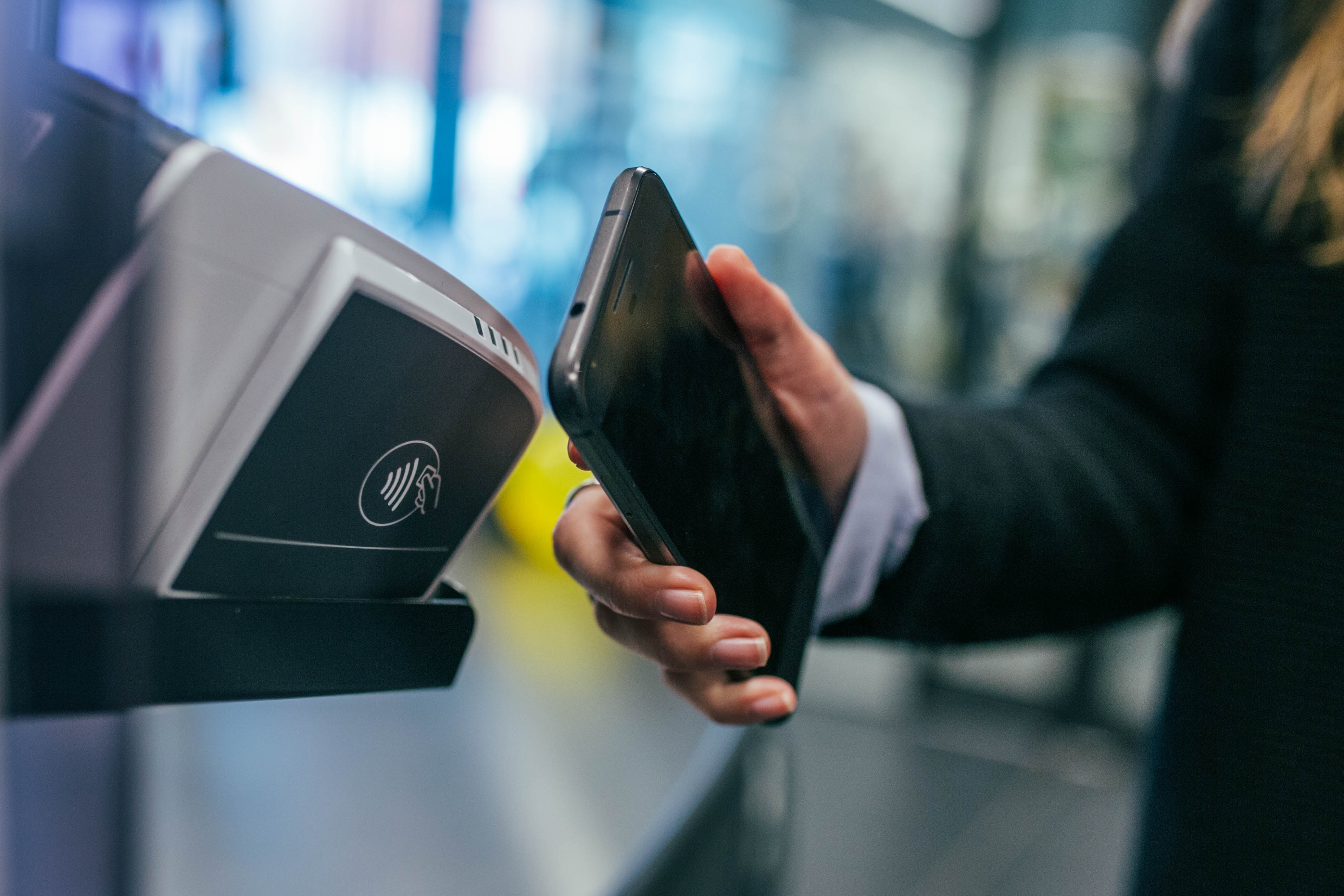“Fintech is a term used to describe financial technology, an industry encompassing any kind of technology in financial services – from businesses to consumers. Fintech describes any company that provides financial services through software or other technology, and includes anything from mobile payment apps to cryptocurrency”.
The FINTECH Revolution
The Financial Technology, or Fintech, has appeared mostly as profit-driven initiatives to explore business opportunities in untapped markets or markets that became less attractive or too costly for established financial institutions. In turn, this create a massive competitive force which drives incumbents to innovate as well.
Key technologies in Fintech:
1. Application Program Interface (API)
2. Artificial intelligence (AI)
3. Machine learning
4. Internet of Things (IoT)
5. Big Data analytics
6. Distributed ledger technology (DLT)
7. Smart contracts
8. Cloud computing
9. Cryptography
10. Biometrics
Some of the products and services using Fintech :
1. Digital payments and e-money
2. International remittances
3. Personal and business loans
4. Peer-to-peer (P2P) lending platforms
5. Crowdfunding platforms
6. Robo-advisors
7. Cryptocurrencies
Due to the increasing competition, innovation, speed, efficiency and market contribution of this financial revolution, business and players are left with no choice but to stay relevant. This includes improvements in risk management and regulatory compliance.
However, in order to fully understand Fintech and analyse its risks and opportunities, it is important to differentiate between the businesses, the products and services, and the technology.
For example, Bitcoin was the first widely used cryptocurrency, but many others have been created since 2009 when Bitcoin was launched. Cryptocurrencies are not issued by government authorities and are not usually recognized as they do not represent fiat currency. Like Bitcoin, other cryptocurrencies are based on DLT. Individuals and companies can acquire and sell cryptocurrencies by being parties in the distributed ledgers, or by using specialized cryptocurrency online exchanges.
A Distributed ledger technology (DLT) system is a database shared between multiple parties (nodes) to execute mutually agreed-upon transactions based on some consensus mechanism. The key feature is that all nodes have identical versions of the data, provided with a central trusted party (e.g., a clearinghouse). These characteristics make cyber-attacks and data alteration difficult as long as the honest nodes control a majority of CPU power.
Often, the terms “blockchain” and DLT are used interchangeably, but blockchain is a type of DLT, which was popularized by Bitcoin starting in 2009.
As the currency has been widely used (Bitcoin remains the dominant and largest cryptocurrency in terms of market capitalisation) major retail corporates and financial services companies are testing blockchain to streamline their supply chains, speed up payments and store records. U.S. technology firm IBM was one of the first big companies to move into the sector, seeing opportunities for supply chain security in sectors from shipping to food safety despite the huge volatility in ‘exchanges’, where they are bought, sold and traded.
However, digital currencies are also being used for a number of illegal activities, both by nation-states and criminal groups. Indicating political and reputational risks for legitimate entities seeking to harness the new technology and payment methods.
Economic transition
1. Money laundering – anonymity given by the blockchain could allow money-launderers to
hide their transactions or to access cash
2. Illicit goods – In 2017, Australia blames virtual currencies for a rise in organised crime,
claiming that criminal syndicates use Bitcoin and its rivals as tender for illicit goods. Silk
Road, the world’s first darknet market, ran on Bitcoin. This is currently the key crime risk
associated with using cryptocurrency.
3. Sanction Evasion – Other countries recognise the decentralised nature of crypto-transactions and seek to utilise them as a way to bypass economic embargoes imposed by foreign powers. In crisis-hit Venezuela, U.S. sanctions introduced last year against its oil sector have severely limited its ability to trade in the global market. To circumvent the sanctions, the Venezuelan government now plans to issue a new oil-backed petro cryptocurrency. Petro was launched in 2018.
In a nutshell, changes in the financial system has forced the economy to shift. The advancement has enabled creativity in escaping difficulties, sanctions and complications in any form of economic transaction.
Hence, it is important for the Government and authorities to understand the basics and the the use of technology in curbing the expected digital financial and economic problem. Due to technological advancement, it is proven that it will be more complicated to implement laws on Anti-Money Laundering, Anti-Terrorism Financing and Proceeds of Unlawful Activities. -/TISG

